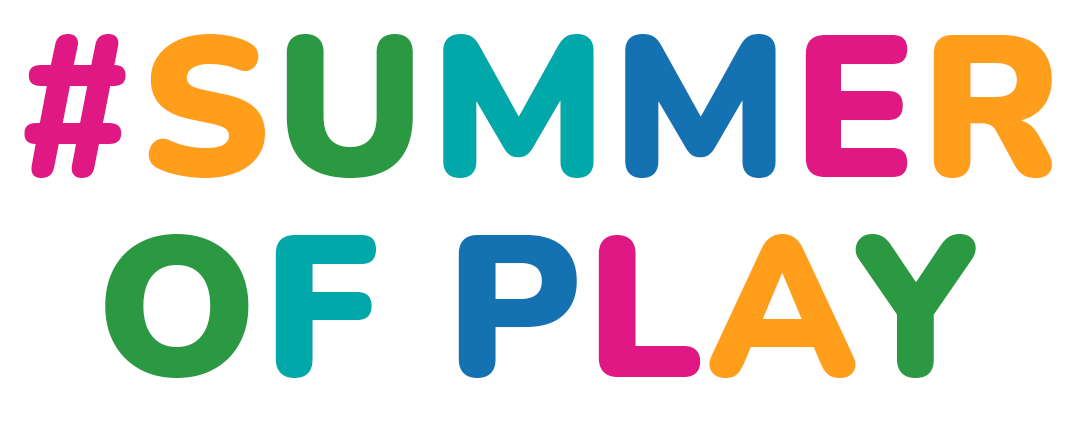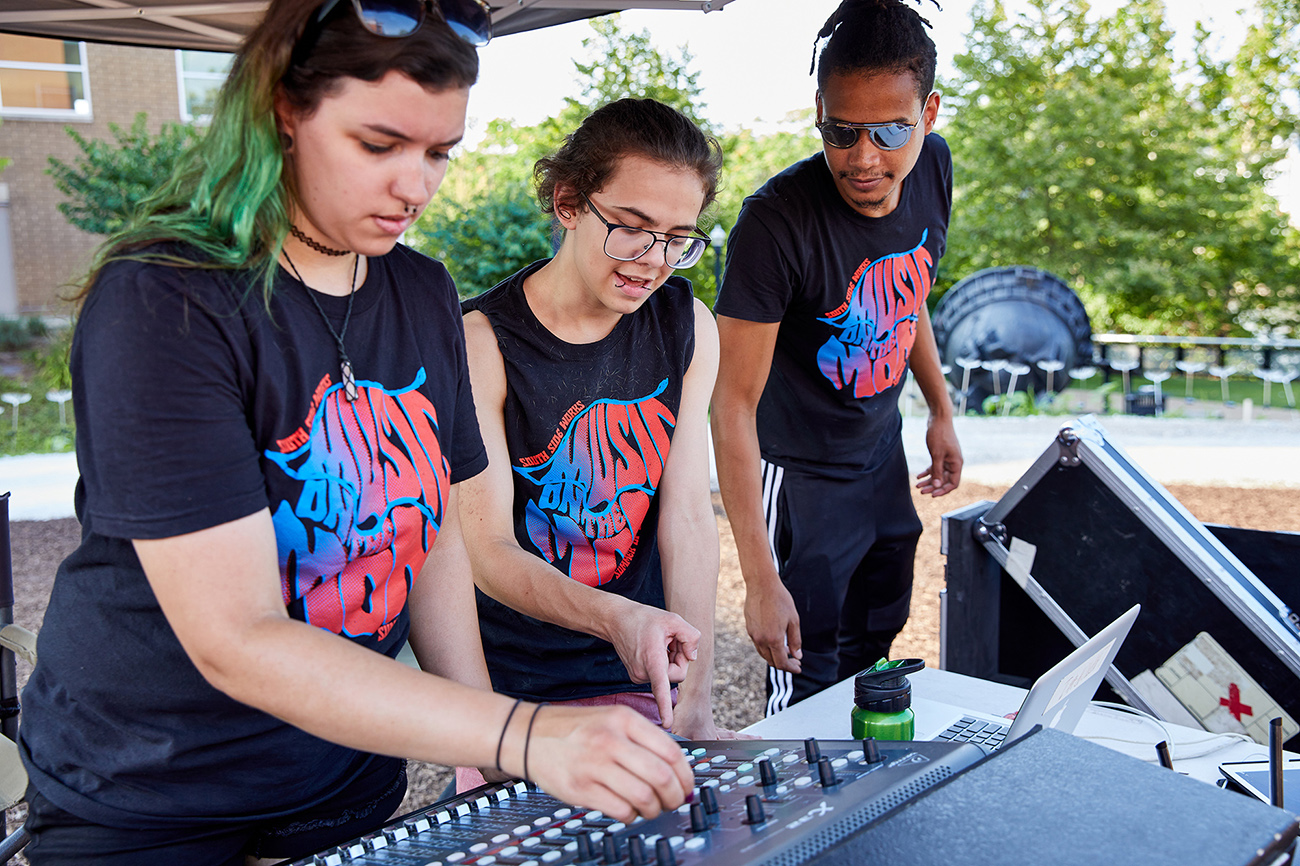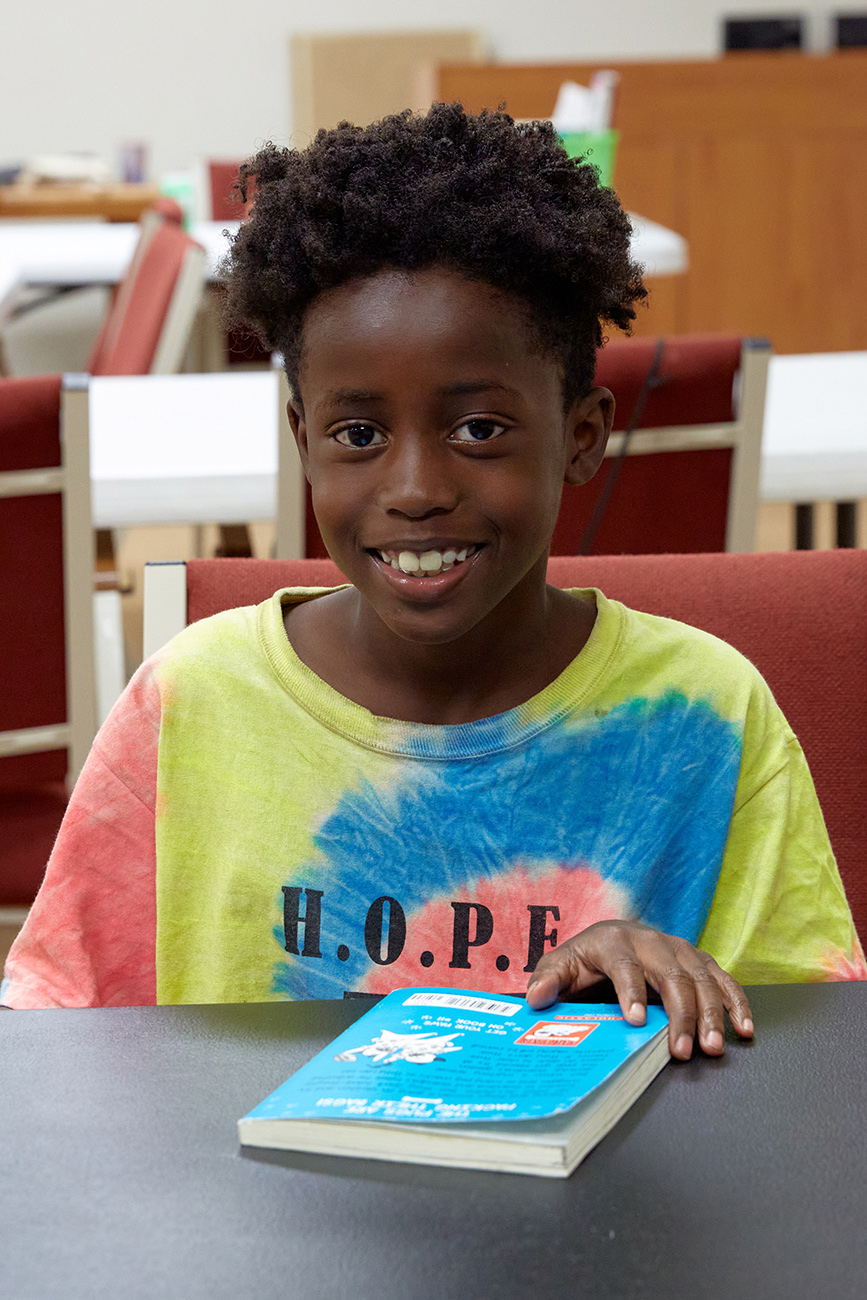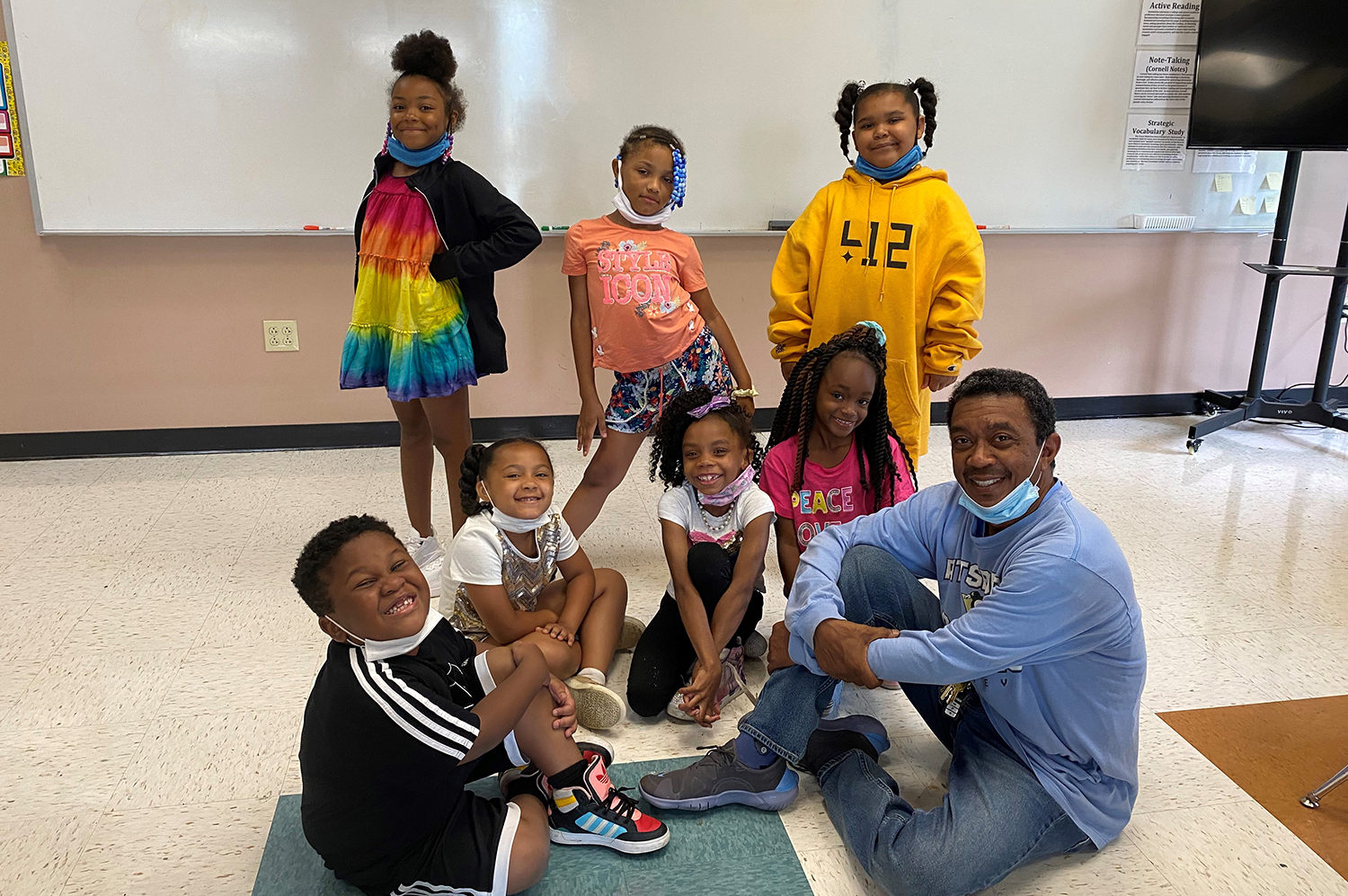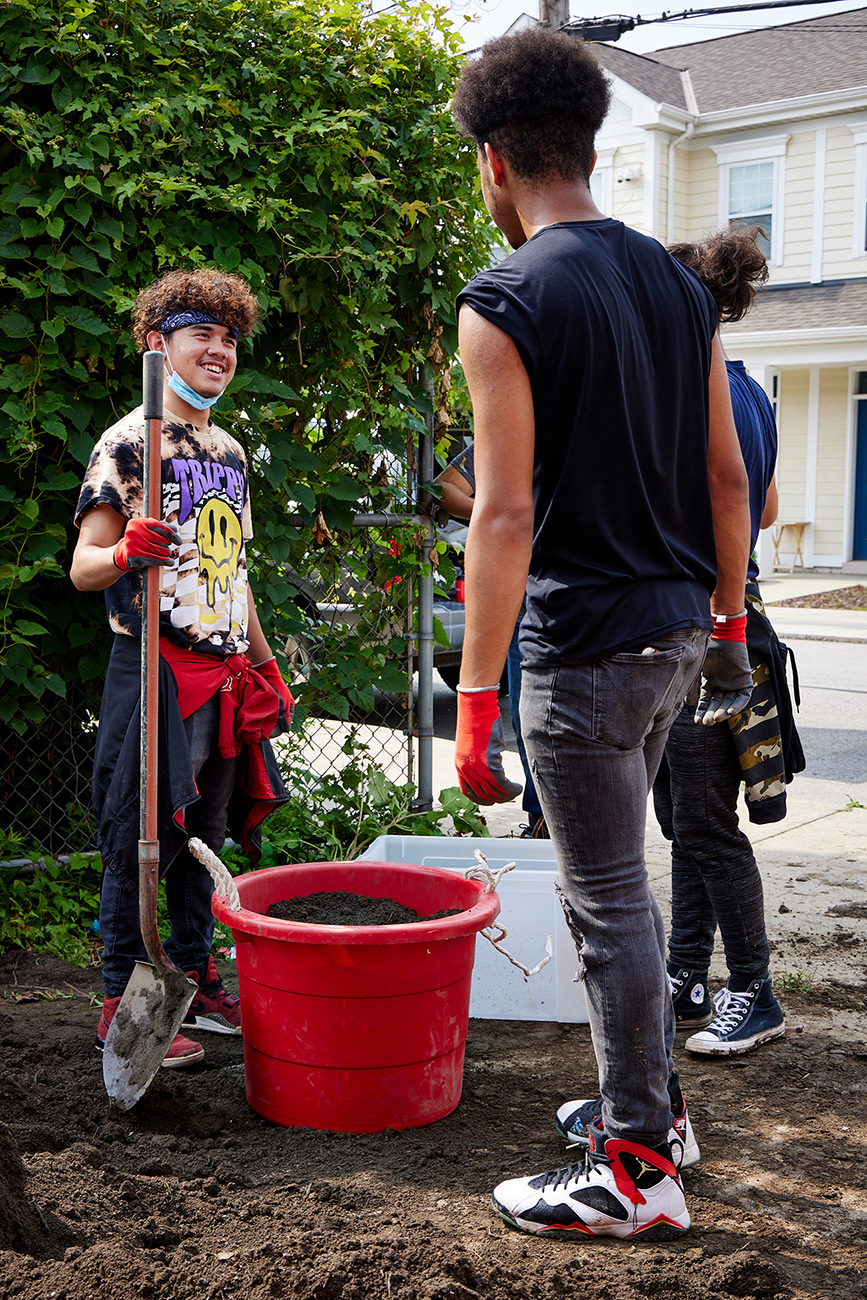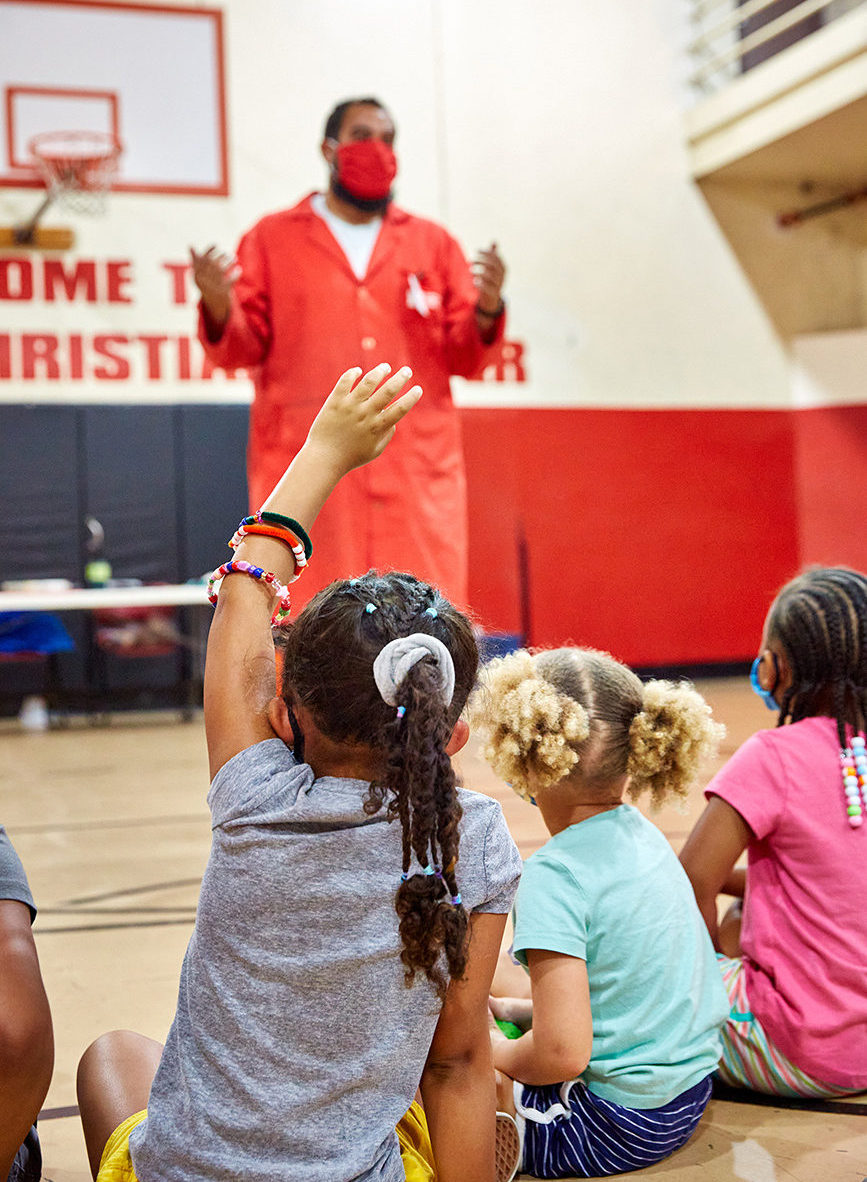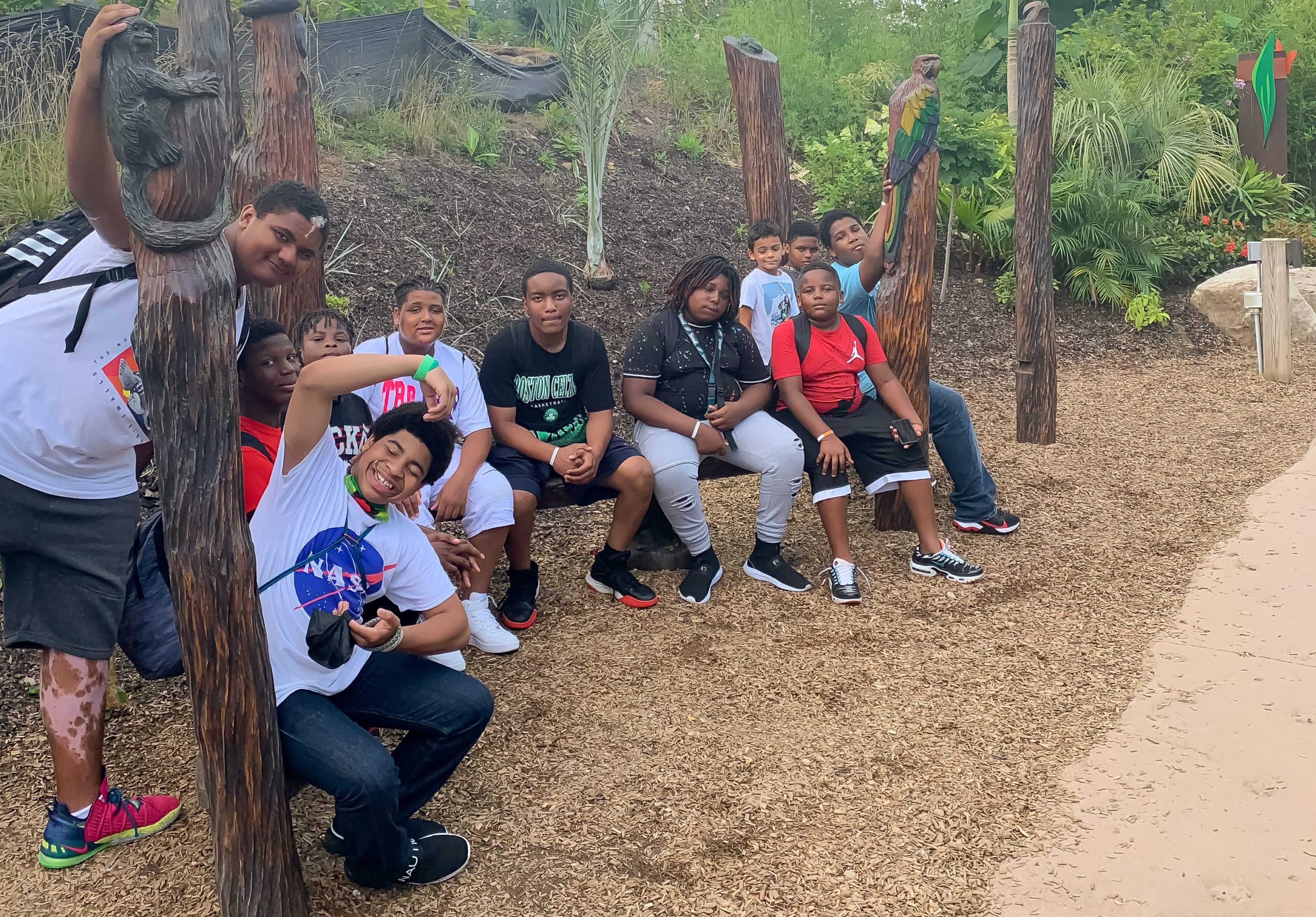
Looking back and leaning in to save summer learning in Allegheny County
In Allegheny County, Summer 2021 was the #SummerOfPlay.
After more than a year of pandemic-fueled isolation, growing disparities, and constant unknowns, it was clear every young person in Allegheny County needed summer learning more than ever—playful, joyful, and affirming summer learning.
So a team of community organizations led by the Pittsburgh Learning Collaborative, A+ Schools, the United Way of Southwestern Pennsylvania, and Trying Together came together to realize a simple vision: Help Allegheny County communities, including kids, families, organizations, and schools, re-engage with each other and embrace in-person, community-based learning.
#SummerOfPlay was a time for healing, self-expression, outdoor adventures, and much more. It was a time for families and learners to re-connect to their communities, have fun, and celebrate a return to in-person learning. At camps and programs across the region, kids of all ages had a chance to learn, let go, and just be, while still preparing for the school year ahead.
#SummerOfPlay social media impressions
granted to in-person summer learning programs
summer learning direct mailers and flyers distributed
#SummerOfPlay social media impressions
granted to in-person summer learning programs
summer learning direct mailers and flyers distributed
#SummerOfPlay social media impressions
granted to in-person summer learning programs
summer learning direct mailers and flyers distributed
To spread the word, #SummerOfPlay made a splash with social media campaigns, yard signs, billboards and radio ads, advertisements and direct mailers, while street teams visited city events and neighborhoods to distribute summer learning information.
Perhaps most importantly, #SummerOfPlay worked to strengthen the region’s emerging summer learning infrastructure, helping organizations tackle bumps along the road during an already challenging year. Understaffed programs? The summer learning job fair attracted prospective employees. Outdated information online? Helpful hands updated the Bridge to Learn and Allegheny Child Care websites. Overwhelmed staff? Regular meetups helped bring personnel together to swap stories and ideas.
#SummerOfPlay also supported the most pressing summer learning need: funding. The United Way of Southwestern Pennsylvania awarded grants as part of their Welcome Back! initiative to 66 programs in Allegheny and neighboring counties, thanks to support from The McElhattan Foundation, the Allegheny County Department of Human Services, and several other community partners. The funding supported programs for about 8,000 children across the region.
But why is summer learning so important? And why is it worthy of our time, attention, and funds?
Educators have long considered summer a time for “catching up.” Summer schools of old were built around remediation, while modern summer learning still focuses on combating summer learning loss and related opportunity gaps.
Research continues to show that learners’ skills in reading and math dip during the summer months. These declines disproportionately occur in learners from low-income families, who have less access to high-quality summer programs and are often people of color, non-native English speakers, or living in rural areas.
This learning loss increases over time, so that by ninth grade summer learning accounts for two-thirds of the difference in reading achievement between low-income students and their middle-income peers. Plus, the same students most affected by summer learning loss are also more likely to drop out of high school and less likely to attend college.
Summer learning loss means that all across our region and country, teachers often spend the first few months of school on review. This not only wastes funding but squanders precious opportunities for innovative instruction and curriculum development.
Until every young person can access high-quality summer learning experiences, these disparities and poor outcomes are likely to persist.




But summer learning is about so much more than closing gaps. With access to high-quality experiences, summer can be a time for racing ahead.
Summer programs give kids and families, especially those from underserved schools and communities, a whole child education. They help learners embrace budding passions, maintain social-emotional wellness, access resources for basic needs like food and healthcare, and explore possible careers.
But summer learning, like its in-school and out-of-school-time (OST) counterparts, is also an issue of equity. Program access falls along familiar divides in race and income, and providers often don’t acknowledge the traumas or uplift the cultures, experiences, and joys of non-White learners. And this summer, these issues only intensified as students of color emerged from a pandemic-era school year that impacted their lives and learning more than their White peers.
of Allegheny County children participate in a structured summer experience
Allegheny County children were not in a summer program, but would have beeen if one was available to them
of Allegheny County parents support public funding for summer learning opportunities
of Allegheny County children participate in a structured summer experience
Allegheny County children are not in a summer program, but would be if one was available to them
of Allegheny County parents support public funding for summer learning opportunities
of Allegheny County children participate in a structured summer experience
Allegheny County children are not in a summer program, but would be if one was available to them
of Allegheny County parents support public funding for summer learning opportunities
In Allegheny County, unmet needs around summer learning remain high. #SummerOfPlay helped fill gaps in 2021, but programs still faced resource and timing issues exacerbated by the pandemic. Typically, planning for the summer learning season begins in winter. In 2021, it didn't begin until May. Many programs operated behind schedule from the start; many were still trying to hire staff when programs were usually already underway.
To keep community-based summer learning alive and thriving, we need systemic support that allows for ample and effective funding, planning, and coordination.
Summer learning is an essential part of every child’s education and is vital to the fabric of our communities. It opens learners’ minds and hearts to life-shaping experiences they may never have inside school walls or elsewhere.
We need to preserve summer learning for seasons to come. It’s time we gave summer learning programs and providers the funding, policies, and support they need and deserve. It's time to save summer.

Explore the stories of a dozen Allegheny County summer learning programs. Relive their successes, learn from their struggles, and see how their experiences can save summer learning seasons to come.
These stories showcase five areas of high-powered learning. Already proven to help prepare learners to succeed in a rapidly changing world, they are even more critical in the time of Covid-19:
- Arts programs allow learners to immerse themselves in self-expression. Beyond learning a new set of steps or singing scales, the arts help young people process and heal from large-scale trauma, like systemic racism or the Covid-19 pandemic, while boosting confidence.
- Similarly, social-emotional learning (SEL) and personal development programs help students re-emerge from quarantine, remember how to interact with peers, and share their feelings. Kids learn the basics of self-care and experience a needed break from the isolation and intensity of pandemic life.
- Mental health and emotional support, in turn, lay the foundation for academic success and enrichment. Free from testing and seat time requirements, summer programs can teach traditional, school-based subjects in uniquely engaging ways—think of learning times tables through song or taking an art class based on literacy skills. They can also leverage any number of community partners, field trips, and hands-on experiences to reinforce other areas of high-powered learning.
- Leaning into the season, outdoor learning programs can increase learners' access to green spaces and physical activity, helping them break the sedentary habits of quarantine, develop motor skills, and reinforce SEL and wellness practices.
- Building on the benefits of other learning areas, summer programs focused on work readiness help learners build and apply real-world skills. Learners interact with professionals and build mentorships, which benefit their self-esteem and help them connect to different workforce pipelines, colleges, and employers.
These areas of high-powered learning help young people gain 21st-century skills, prepare for successful, fulfilling careers, and become healthy, happy adults. By offering them as part of summer or OST learning, our communities ensure the greatest number of children can experience them.
25 Carrick Ave Project
Feature Story
The Live Sound Apprentice Program brought student technicians and sound professionals together to learn the art and science of putting on a show. It also gave learners one-of-a-kind access to mentors and real-world, work-ready skills.
H.O.P.E. for Tomorrow
Feature Story
After a lonely year, the high-energy Camp H.O.P.E. in Pittsburgh’s West End helped children reconnect by blending academics, life skills, and summer fun.
Imani Christian Academy
Feature Story
The Community Summer Camp capitalized on the individual strengths of in-school and OST learning environments to equitably offer a blend of math, reading, penmanship, fitness, arts, music, and SEL.
Legacy Arts Project
Feature Story
Through the arts of the African diaspora and African cultural traditions, the Youth Summer Arts Program and Learn and Earn supported joyful arts learning in Homewood, helping underserved learners build a new youth-centered legacy of affirmation and abundance.
Rankin Christian Center
Feature Story
The Super Summer Community Comeback Camp leveraged partnerships and family dinners to re-introduce students to in-person learning, expose them to new experiences, and build stronger bonds with the Rankin community.
Small Seeds Development, Inc.
Feature Story
The non-site-based Mother to Son Success Camp used a flexible, student-centered approach and resources from around the city to help students’ personal growth blossom.

It’s time to save summer. We need to give summer learning programs and providers the funding, policies, and support they need and deserve.
Summer learning is an essential part of every child’s education, and it’s vital to the fabric of our communities. It opens learners’ minds and hearts to life-shaping experiences they may never have inside school walls or during the school year.
We’re putting forth six actions to ensure summer learning is accessible, equitable, and thriving across the region for seasons to come. They range from sweeping, systems-level strategies to specific funding priorities, and they require the shared support of our region’s funders, policymakers, businesses, and individuals.
It's time to save summer. To preserve summer learning for seasons to come, we’re calling for:

